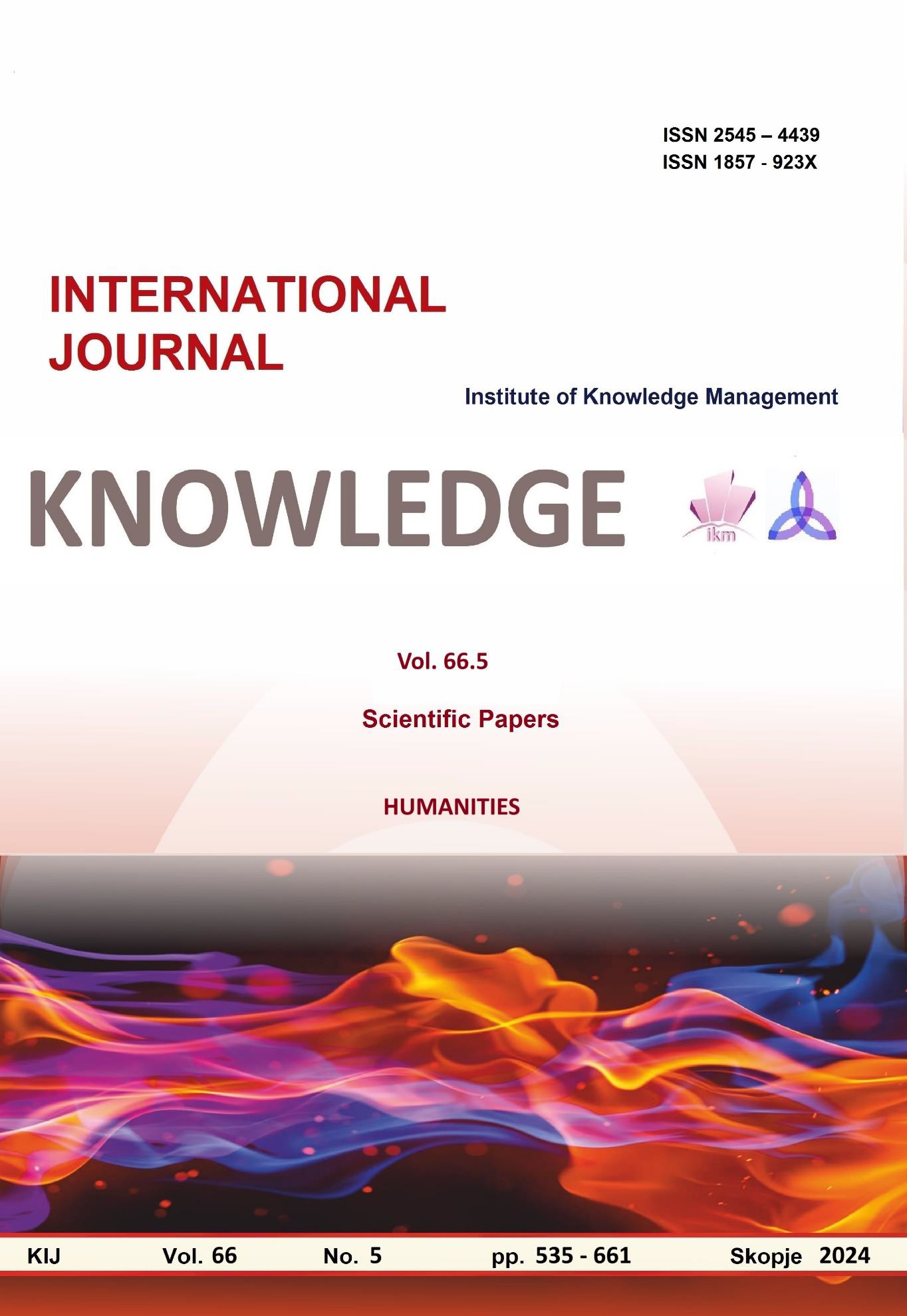LINGUISTIC AND LITERARY DIVERSITY IN ALBANIAN CHILDREN'S LITERATURE
LINGUISTIC AND LITERARY DIVERSITY IN ALBANIAN CHILDREN'S LITERATURE
Author(s): Rudina AlimerkoSubject(s): Social Sciences, Education
Published by: Scientific Institute of Management and Knowledge
Keywords: linguistic diversity;literary;cultural diversity;heritage;children's literature
Summary/Abstract: In the digital age, Albanian children's literature is inevitably facing new challenges and opportunities, where the power of reflection on the preservation of cultural and linguistic heritage is becoming increasingly important and serious. Linguistic and literary diversity in children's literature is a rich and complex field that reflects the social, cultural, and educational changes that have occurred in Albania and the Albanian diaspora. The aim of this research is to present several literary perspectives to reflect on how linguistic and literary diversity helps children become aware not only of the richness of their language and culture but also promotes a strong sense of national identity and interculturalism. By delving into the features of the culture and language they study and through comparison with other cultures, children and young people become more aware of the values of their national culture. The research methodology is based on the analysis of works by authors who have played a significant role in preserving and promoting linguistic, dialectal, cultural, and regional diversity, thus reflecting the richness and variety of Albanian traditions; and an evaluative method based on teachers' experiences in developing literary lessons. The information that students gain through literature and readings of various kinds makes them well versed in the diversity of human society, the humane values this society has conveyed and continues to convey, as well as the opposite; using a comparative method to see the role reading plays as a bridge between the events read and the individual's linguistic experience, which facilitates the integration of different perspectives on the real world. We often see ourselves as a story, and storytelling is an innate and unique part of humanity; therefore, we must strive to use its power to think from a global perspective. Albanian writers, through their stories, narratives, events, and characters, have contributed to the preservation and promotion of various Albanian cultures and traditions, offering a rich window for children to recognize and appreciate the diversity of their country. Thus, we as educators and researchers have the privilege of reflecting on the power that books and stories have in educating, transforming, and raising awareness of literary heritage, cultural diversity, multilingualism, and multiculturalism, as they serve as invaluable gateways to the world of truth, enabling critical thinking about the ever changing world.
Journal: Knowledge - International Journal
- Issue Year: 66/2024
- Issue No: 5
- Page Range: 609-614
- Page Count: 6
- Language: English

